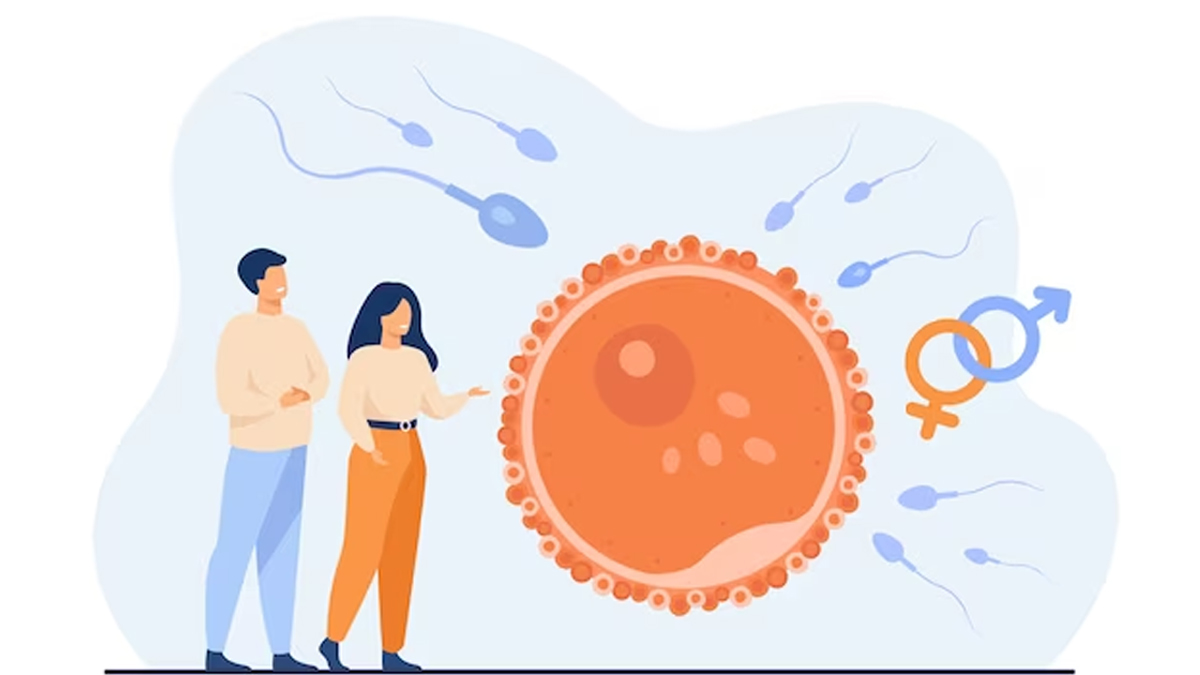Here is an in-depth exploration of the legal and ethical implications:
Legal Implications:
- Regulatory Framework:
- India does not have a specific comprehensive law governing assisted reproduction. However, the Indian Council of Medical Research (ICMR) has issued guidelines to regulate assisted reproductive technology (ART) clinics.
- The absence of a specific law can lead to ambiguity and inconsistency in the implementation of reproductive technologies.
2. Parental Rights and Responsibilities:
- The legal status of the child born through assisted reproduction, especially in cases involving surrogacy or gamete donation, can be complex. Clarity on parental rights and responsibilities is crucial.
- The lack of a clear legal framework may result in disputes over custody and inheritance rights.
3.Surrogacy Laws:
- Commercial surrogacy has been a subject of legal debate in India. The Surrogacy (Regulation) Bill, when enacted, will regulate surrogacy by prohibiting commercial surrogacy and allowing only altruistic surrogacy.
- The bill aims to protect the rights of the surrogate mother and the child and prevent the commercial exploitation of surrogacy.
4. Genetic Testing and Privacy:
- The use of genetic testing in assisted reproduction raises concerns about privacy and the potential misuse of genetic information.
- Clear guidelines are needed to regulate the use of genetic information and ensure the confidentiality and privacy of individuals undergoing assisted reproductive procedures.
Ethical Implications:
- Access and Equity:
- Assisted reproduction services may not be equally accessible to all segments of society due to financial constraints. This raises ethical questions about equitable access to reproductive technologies.
- The potential for creating disparities in access to these technologies based on socioeconomic factors requires careful consideration.
2. Informed Consent:
- Obtaining informed consent is a critical ethical consideration. Individuals undergoing assisted reproduction should be fully informed about the procedures, risks, and potential outcomes.
- Issues may arise if there is a lack of transparency or if individuals are coerced into undergoing procedures without fully understanding the implications.
3. Human Dignity and Exploitation:
- Concerns exist about the potential exploitation of women in the context of surrogacy and egg donation. It is crucial to ensure that individuals involved in the process are treated with dignity and fairness.
- The prohibition of commercial surrogacy in the proposed legislation aims to prevent the commercialization and potential exploitation of women’s reproductive capacities.
4. Selective Reproduction and Genetic Enhancement:
- As technology advances, there is a potential for selective reproduction and genetic enhancement, raising ethical questions about the pursuit of “designer babies.”
- Establishing ethical guidelines to prevent misuse and abuse of genetic technologies is essential to maintain societal values and prevent unintended consequences.
5. Cultural and Religious Sensitivities:
- Assisted reproduction may conflict with cultural or religious beliefs, leading to ethical dilemmas. Balancing individual reproductive autonomy with cultural and religious considerations requires a nuanced approach.
In conclusion, the legal and ethical landscape of assisted reproduction in India is complex and evolving. The need for a comprehensive legal framework, clear ethical guidelines, and ongoing dialogue between stakeholders is crucial to address these challenges and ensure responsible and equitable use of assisted reproductive technologies.
